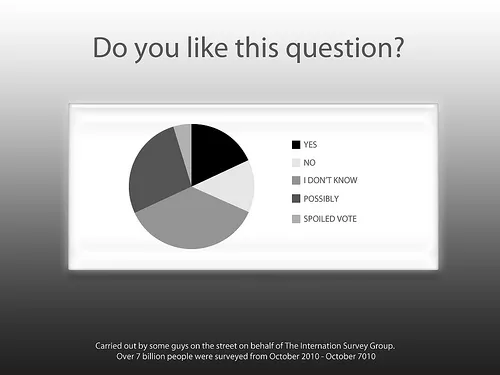
The World University Rankings for 2012/13 will be published next week. At their heart is the biggest-ever snapshot of informed global judgment on higher education.
To create this picture, we carried out two surveys. One gathered the opinion of active academics on the universities that excel in the subjects they know about. The other asked active recruiters of graduates where they find the people they most want to hire.
Between them, these surveys account for half the possible score of the universities we rank. This year, they combine the knowledge of about 71,000 individuals. Their responses from these experts provide us with almost a million data points, giving the World University Rankings immense statistical validity.
Although we have always used informed opinion as a key input to our rankings, we have not always operated on this scale. When the World University Rankings first appeared in 2004, one of our proudest boasts was that we had sought the opinion of the world’s academics about where to find its top universities. And we had: exactly 1300 of them replied, rather less than the academic head-count of a major university. Their opinion accounted for half the possible score for each institution.
Now matters have moved on. For one thing, we now use data from employers of graduates alongside measures of academic opinion. We tried to do this in 2004, but the survey we carried out had only 150 responses, too few to be usable.
Today we operate in an unrecognisably bigger league. This year, we have used responses from 46,079 academics and 25,564 employers to draw up the Rankings.
This increase in scale has been essential because the Rankings now cover over 700 universities. This calls for far more raw material than the Top 200 which we published in 2004.
As in previous years, we are happy for people to know about our respondents. Of the academics, 70 per cent have mainstream job titles such as professor, associate and assistant professor, and their equivalents such as lecturer and senior lecturer. But there are also 89 presidents and other heads of institutions. The respondents have been in university life for an average of just over 20 years.
Perhaps more importantly, the academics we survey represent a full range of academic subjects, and the bigger subjects have more respondents. So there are 3870 physicists and astronomers, but only a modest 370 archaeologists.
A look at our sample of employers shows that almost 1700 are heads of companies. The biggest single group, about 3150, are in consulting and professional services, major graduate employers whose business obliges them to think globally. About 2500 work in banking and finance, just ahead of the number in manufacturing and in government. Other industries such as travel, construction and transport account for smaller numbers. In both surveys, the US and the UK are the top nations of residence for respondents, but we have a significant response from about 50 nations in each.
The academics we survey select an average of about 11 institutions each as being excellent in their subject. The employers choose a smaller number, about six, reflecting the way in which recruiters are forced logistically to concentrate on a smaller number of universities. So these surveys are a major piece of information-gathering by any standard.
We are sure that the numbers in both of these surveys will grow in future years. But they are a sample, not an attempt to reach all the world’s academics and recruiters. They already contain enough depth and data to support the World University Rankings.
Over time, there has been growing acceptance of the validity of our approach. The results of both surveys are read in their own right by students and other users of the Rankings, as well as being an important input to the Rankings overall.
? Full information on the 2012 respondents will be published soon at https://www.qs.com/university-rankings/world-university-rankings/.



